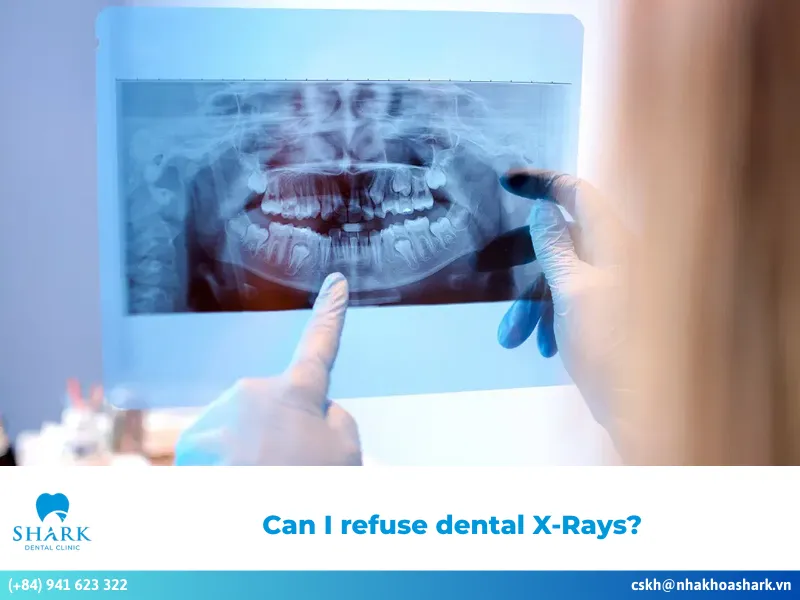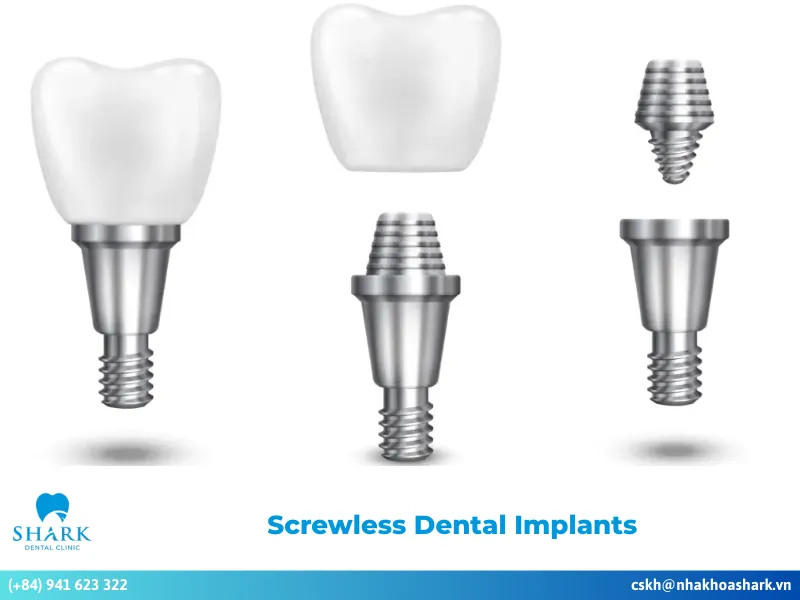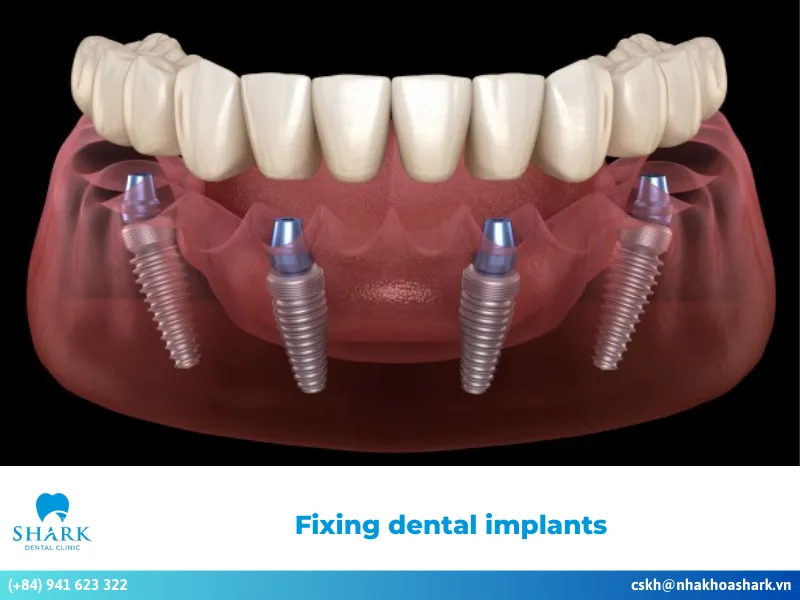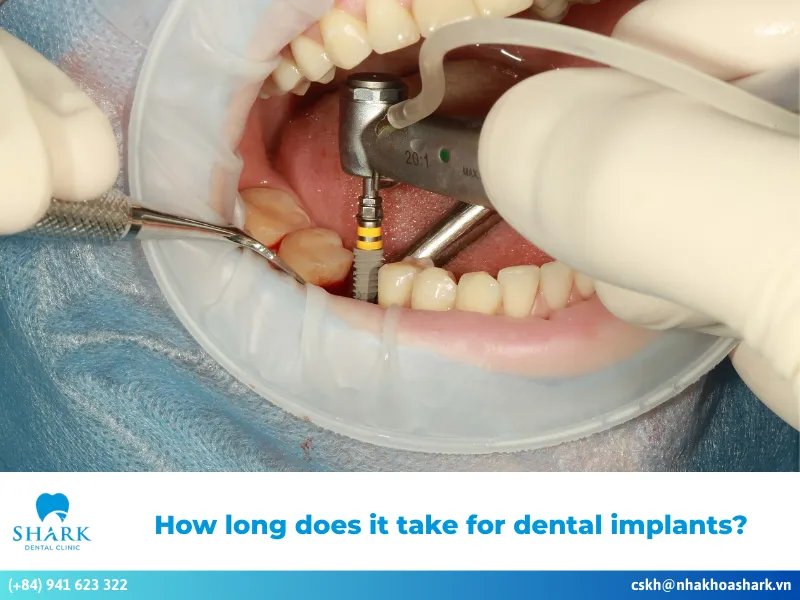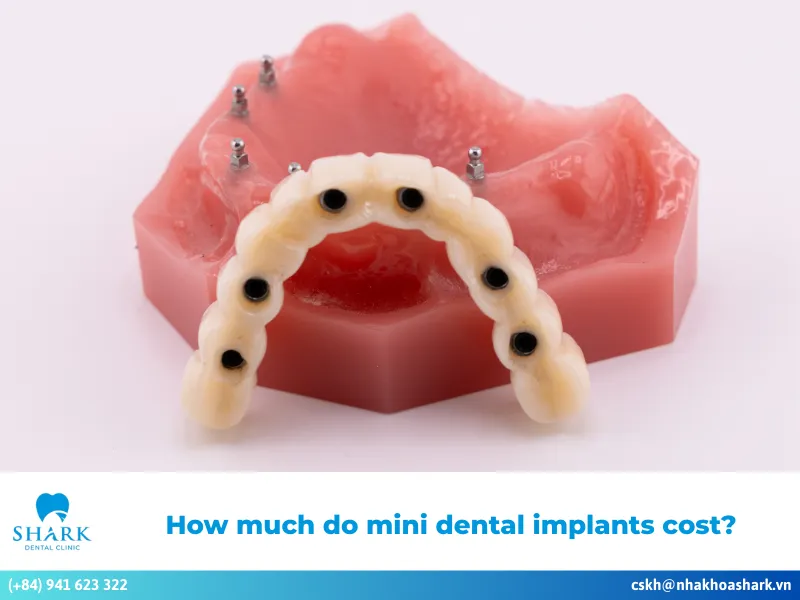Dental implant surgery is widely regarded as a safe method for tooth restoration, helping to maintain balance in your oral structure while restoring chewing function and aesthetics similar to natural teeth. This technique offers many advantages to patients. However, it is important to be aware of potential side effects associated with dental implants. To quickly improve and manage these issues, let’s go through the detailed information in this article!
Potential complications from dental implants
While dental implants are generally considered a safe and effective solution for restoring missing teeth and improving chewing function, complications can arise if the procedure is performed at a non-reputable clinic or improperly executed. Below are some potential side effects of dental implants to be aware of:
- 1. Loose Implant
- 2. Nerve or Tissue Damage
- 3. Infection
- 4. Less Common Problems
- 5. Sinus Issues
- 6. Damage from Excessive Force
Loose Implant
One of the most common issues with dental implants is a loose implant. This often occurs due to poor technique or a lack of experience from the dentist. If the implant screw is not properly secured, fails to integrate with the bone, or if there are structural changes to the implant, it may not fit properly. Over time, this can lead to implant mobility and looseness, which may negatively affect chewing and overall implant stability.
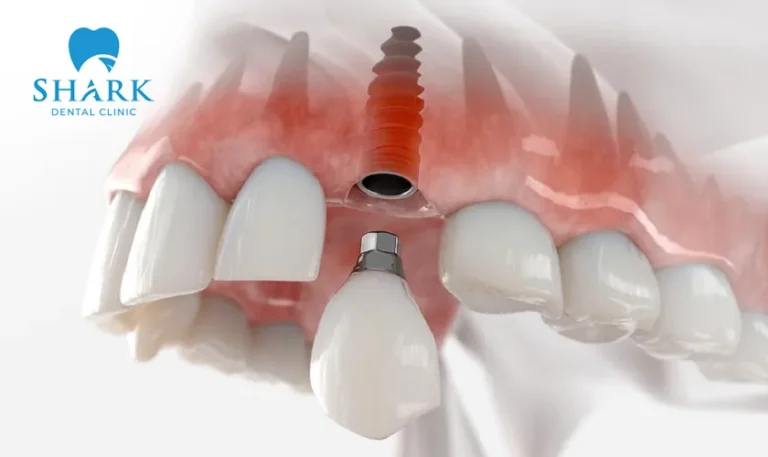
Nerve or Tissue Damage
During the drilling process for implant placement, if not done carefully, the drill may inadvertently impact the nerves located beneath the jawbone. This can cause nerve or tissue damage, resulting in pain, numbness, or tingling sensations in the lips, tongue, or gums. If this discomfort persists for several days, it may interfere with daily life, and in severe cases, the implant may need to be removed.
Infection
One common side effect of dental implants is infection following surgery. This can occur due to inadequate oral care, which allows food debris and bacteria to accumulate around the implant site. Over time, an infection may lead to gum irritation, persistent bad breath, swelling, and prolonged pain.
Less Common Problems
In some instances, less common complications may arise, such as damage to blood vessels or surrounding nerves. These rare but serious issues are often linked to poor-quality techniques or dentists lacking specialized training, which can have negative impacts on both oral and overall health.
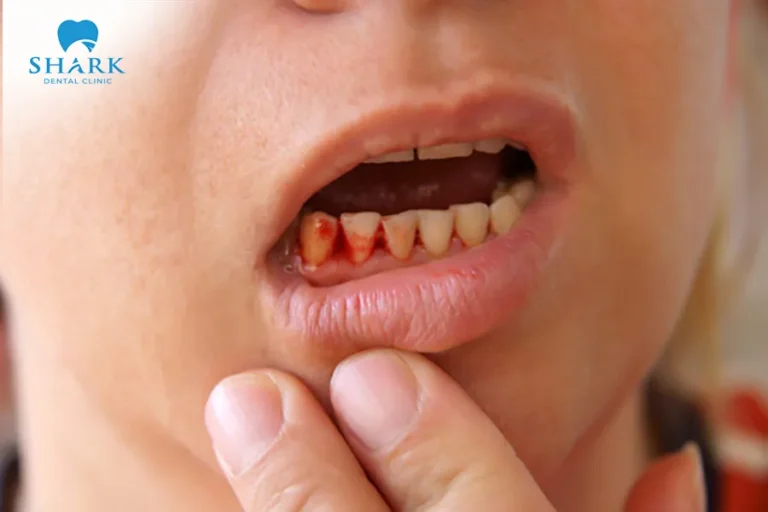
Sinus Issues
For certain patients, the placement of dental implants can result in sinus complications. If the implant post is inserted too deeply, it may puncture the sinus cavity, leading to prolonged pain, drainage, or chronic sinus problems.
This complication can occur due to unsafe surgical techniques or naturally thin sinus bone. If not handled carefully by the dentist, the risk of sinus perforation increases, posing significant health concerns.
Damage from Excessive Force
In some cases, the bone or gum tissue may suffer damage due to excessive biting or chewing forces after implant placement. This situation can negatively affect the function of the implant, chewing efficiency, and overall quality of life. When this occurs, it’s essential to quickly identify the cause and find solutions to prevent further complications.
>>> See more: Symptoms of loose dental implant crow
When to see a dentist?
After receiving dental implants, if you notice symptoms such as swelling, persistent pain, gum inflammation, or unusual irritation that does not improve, you should visit a reputable dental clinic immediately.
A dentist will conduct a thorough examination of the implant and surrounding tissues, identify any causes of infection or irritation, and recommend appropriate treatments. Timely diagnosis and care are crucial for improving the condition and preventing long-term complications related to dental implants.
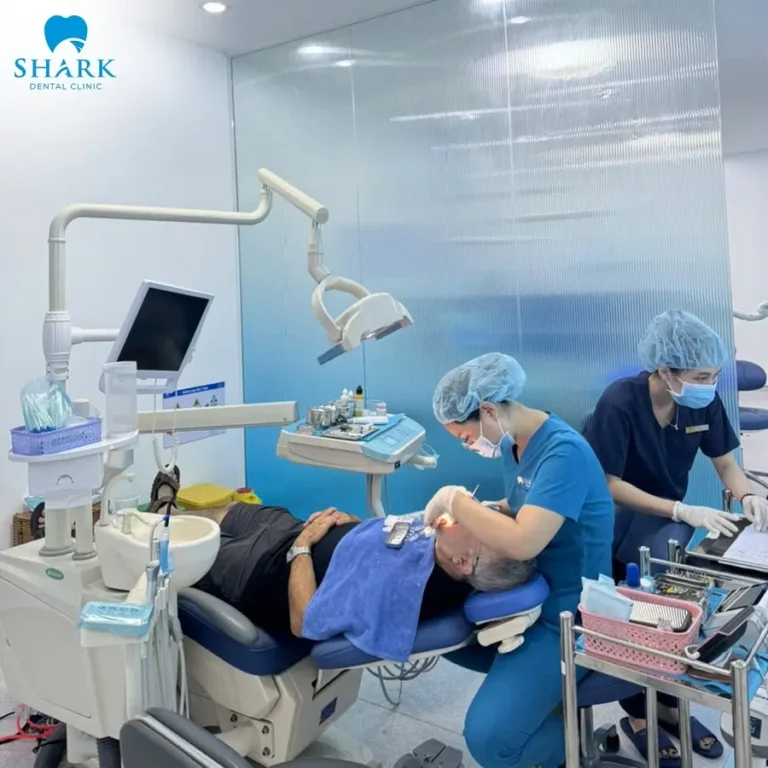
Implant Care Instructions
Taking care of your implant properly after surgery is essential for shortening healing time and reducing the risk of complications. According to dental specialists, please follow these instructions:
- Cold Compress: In the first few days after implant placement, swelling and discomfort are common. Applying a cold compress can help stabilize the area, reduce dental implants pain, and minimize prolonged sensitivity.
- Diet: Prioritize soft, easy-to-swallow foods. Since the implant needs time to integrate with the jawbone, consuming soft meals reduces chewing pressure on the surgical site and helps prevent irritation or complications.
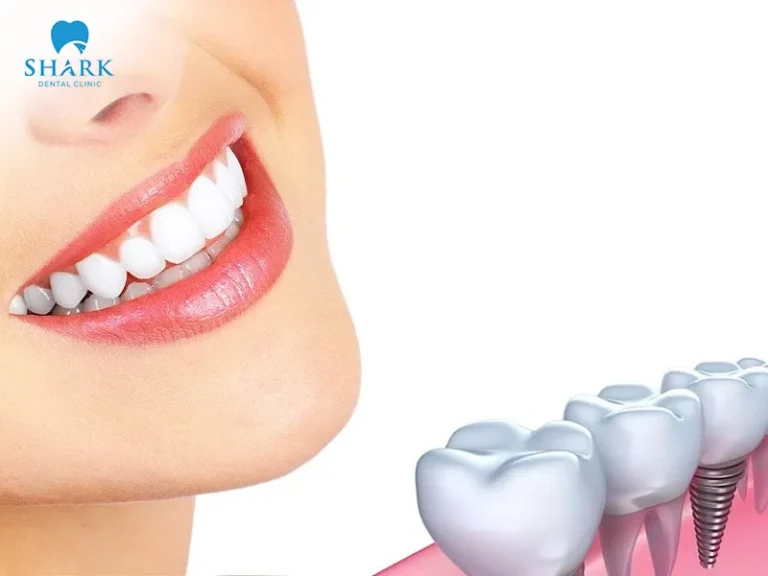
- Oral Hygiene: Use a soft-bristled toothbrush to gently clean your teeth, reducing the risk of infection at the implant site. Rinse with saline solution to keep your mouth clean. Brush carefully and gently to avoid pain and protect the surgical area.
- Limit Vigorous Activity: Avoid strenuous exercise or heavy physical activity right after implant surgery. Too much movement can put stress on the surgical site and hinder healing.
- Follow Dentist’s Instructions: Strictly adhere to your dentist’s advice regarding medication, diet, and daily oral care. Attend scheduled follow-up appointments to monitor healing and address any unexpected issues promptly.
The side effects of dental implants often arise when patients choose unsafe or low-quality clinics with unqualified techniques.
To ensure safe, effective, and long-lasting results, place your trust in Shark Dental Clinic—a reputable provider of implant restoration services. At Shark Dental, a team of dedicated specialists, combined with advanced technology and modern equipment, ensures that your implant procedure is performed safely, with high success rates and minimized risks.
With the information shared above regarding dental implant care and potential problems, we hope you can make an informed decision about your treatment. If you have any questions, do not hesitate to contact Shark Dental Clinic for professional consultation and effective dental implant solutions.





